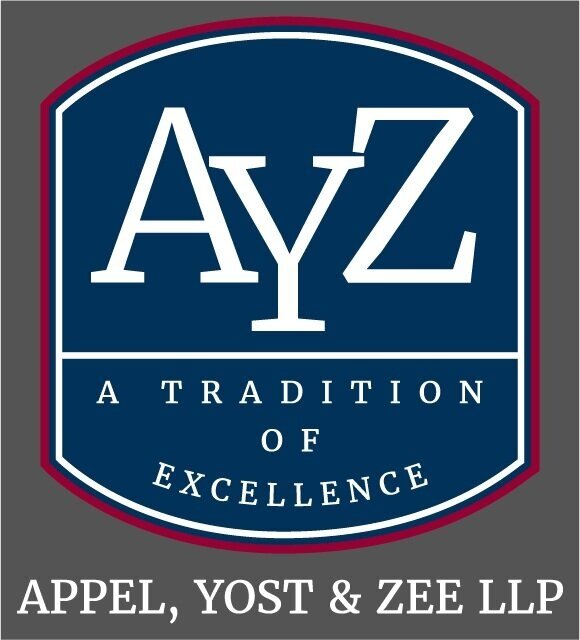The End of Affirmative Action? Supreme Court Rules Against Race-Conscious Admissions
By Kevin M. French & William J. Zee
June 30, 2023
In what is certain to reframe the decades long debate regarding affirmative action efforts, the United States Supreme Court issued its highly anticipated opinion this week in Students for Fair Admissions, Inc. v. President and Fellows of Harvard College. The Court’s 6-3 ruling effectively eliminates the consideration of race in college admissions decisions, holding that Harvard College and the University of North Carolina violated the Equal Protection Clause when the institutions utilized admissions practices that consider race as a means “to obtain the educational benefits of diversity.”
Chief Justice John Roberts, writing for the majority, described the admissions programs at issue as lacking measurable objectives that justify the consideration of race, using racial stereotypes, and applying race in a negative way. Justices Thomas, Alito, Gorsuch, Kavanaugh, and Barrett joined in the majority opinion.
The majority noted that:
“A benefit to a student who overcame racial discrimination, for example, must be tied to that student's courage and determination. Or a benefit to a student whose heritage or culture motivated him or her to assume a leadership role or attain a particular goal must be tied to that student's unique ability to contribute to the university. In other words, the student must be treated based on his or her experiences as an individual-not on the basis of race."
Justice Sotomayor, in her dissent, expressed her view that the decision serves to “roll back decades of precedent and momentous progress.” Justice Jackson expressed disappointment in the majority’s characterization of race as “irrelevant” based on what she perceives as its “detachment of experience.” She expressed additional concern that, “[i]f the colleges of this country are required to ignore a thing that matters, it will not just go away.”
In response to the Supreme Court’s decision, the Biden Administration published a fact sheet detailing its actions to “advance racial equity and civil rights and expand educational opportunity for all Americans.”
Given the majority’s holding, colleges and universities will need to reexamine admissions practices and initiatives aimed at achieving diversity.
Should you have any questions about this decision, or any education law related questions, please do not hesitate to contact William J. Zee, Kevin M. French, or any of the attorneys in the Appel, Yost & Zee Education Law Group.
